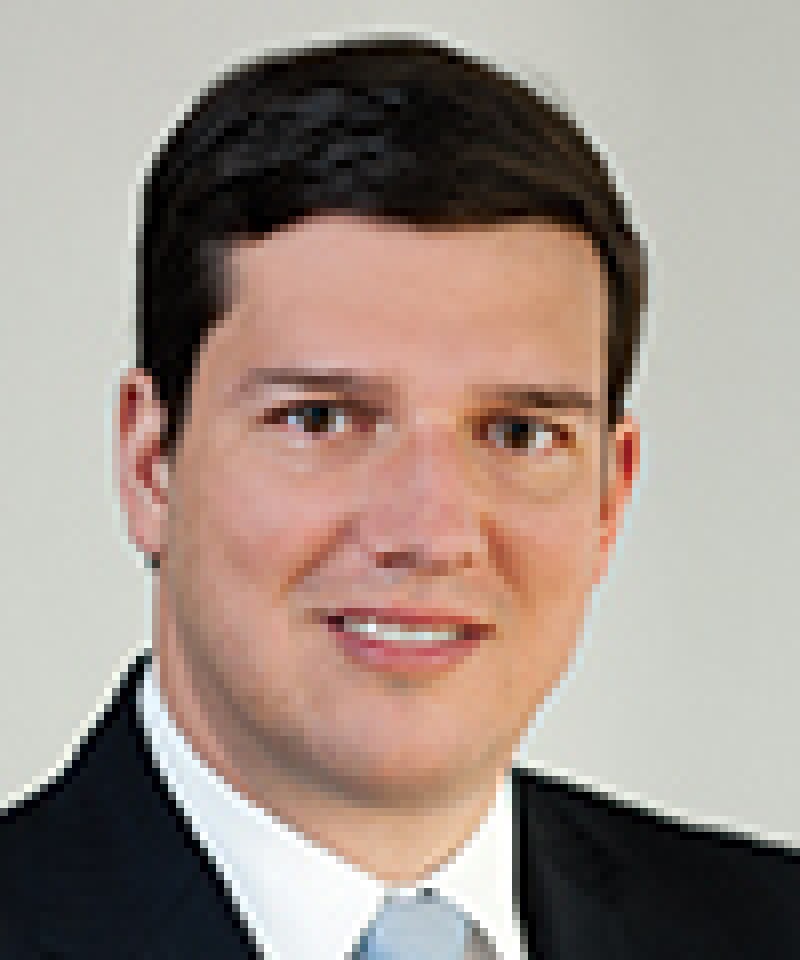
|

|
|
Alexander Linn |
Thorsten Braun |
Germany's Federal Tax Court (BFH) issued a decision (case reference I R 10/14) on March 11 2015 in which it held that controlled foreign company (CFC) income is not subject to German trade tax. The BFH concluded that CFC income constitutes deemed income of a foreign permanent establishment (PE) for German tax purposes and, thus, is deductible from the trade tax base. The BFH overturned a 2012 decision of the lower court of Düsseldorf (16 K 2513/12), putting to rest a long-standing controversy on this issue. Under Germany's CFC rules, CFC income arises if a foreign subsidiary that is controlled by German shareholders earns low-taxed passive income. Any income that is not included in an exhaustive list of active income would be deemed passive income (passive income would include, but is not limited to, interest and most types of royalty payments). The low-taxation threshold is set at 25% even though Germany reduced the corporate income tax rate from 25% to 15% in 2007. CFC income is taxed currently in the hands of the German shareholders as a deemed dividend, to which exemptions and other dividend relief mechanisms do not apply. Even though CFC income is included in the corporate tax income base and, thus, also in the starting point for the income calculated for trade tax purposes, any foreign tax paid by the CFC is creditable only against corporate income tax and not against trade tax, so the application of the CFC rules could lead to incongruous results. Referring to the territorial scope of German trade tax, the court held that CFC income can be seen as income deemed to arise in a foreign permanent establishment which has to be eliminated from the trade tax base.
As a consequence, CFC income attributed to German entities would only be taxed at a 15.825% rate (corporate income tax, including the solidarity surcharge). It remains to be seen if and how the legislator will react to this decision.
Alexander Linn (allinn@deloitte.de) and Thorsten Braun (tbraun@deloitte.de)
Deloitte
Tel: +49 89 29036 8558 and +49 69 75695 6444
Website: www.deloitte.de









